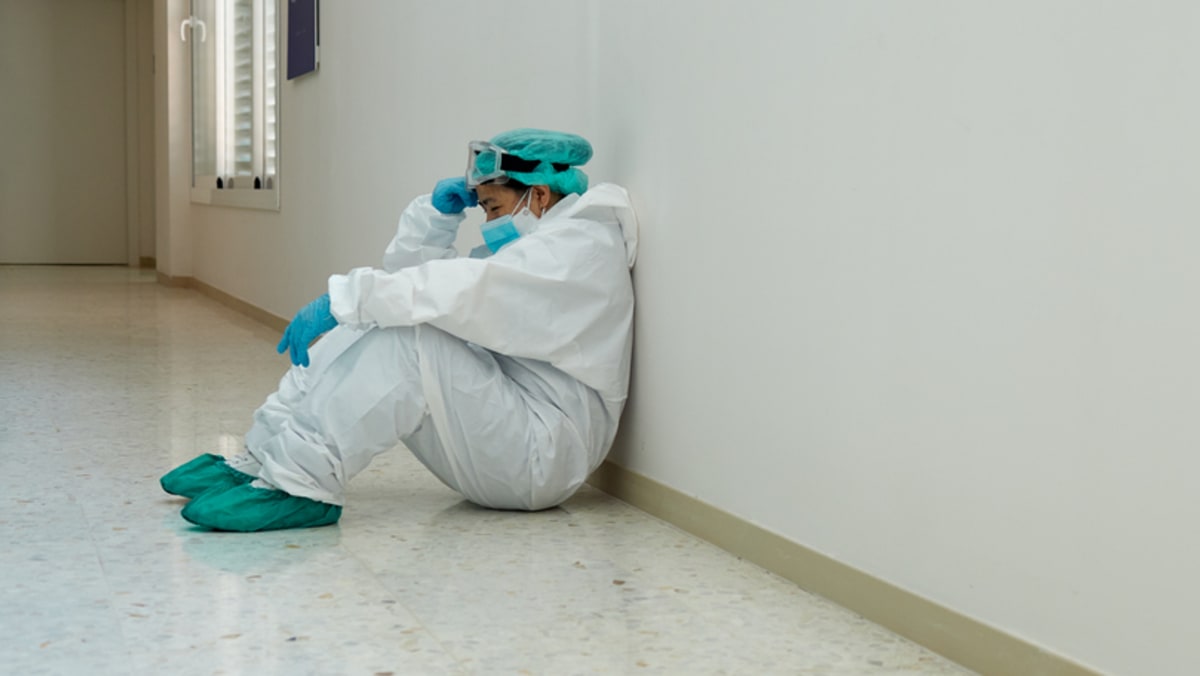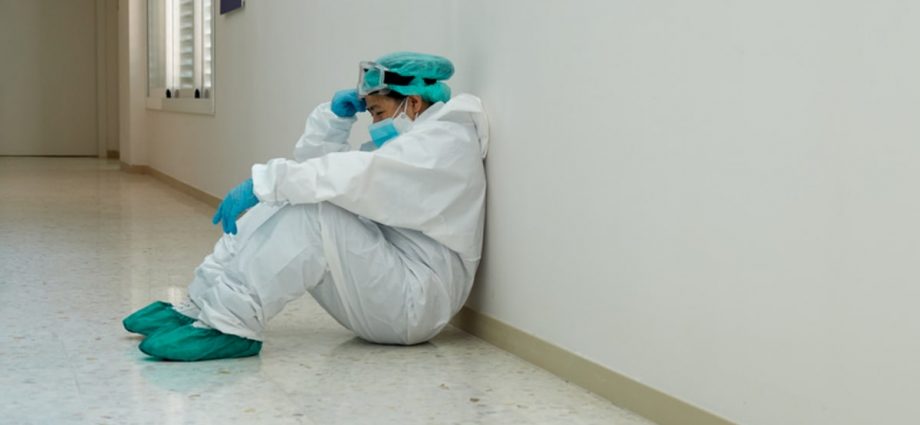
Describing these findings as worrying, Health Minister Ong Ye Kung said healthcare is largely a well-respected and dignified profession, but there is always “a small proportion of the public” who behave badly towards healthcare workers.
“They will demand that healthcare workers do unreasonable things, and then threaten or hurl discriminatory remarks at them when they don’t get their way,” Mr Ong said at a staff engagement session on supporting healthcare workers.
“While it’s a small minority, it is enough to significantly affect morale,” he added.
ZERO-TOLERANCE POLICY
The workgroup recommended developing a “standardised zero-tolerance policy” against abuse and harassment of healthcare workers.
Key to this would be establishing a clear and common definition of abuse and harassment. This includes any inappropriate behaviour or communication that causes a healthcare worker to experience distress, harassment, threat or discrimination, regardless of intention.
“All behaviour or any form of communication that falls within the definition above should be considered abuse or harassment and should not be left unreported,” it said.
Healthcare workers should be provided with a direct and straightforward reporting process, and an escalation protocol and response plan that is equivalent to the severity of the incident, it added.
Enforcement of consequences will also help deter abusive situations, said the workgroup, noting that the threshold for actions to be reported to the police or handled by the institution should be clearly spelt out.
In cases where legal recourse is available, the threshold and process should be made clear to workers and supervisors.
Institutions should support their employees in making police reports if necessary. They should also develop a suite of internal actions that can be taken independently, regardless of whether legal recourse is available.
This may include issuing a warning to the perpetrator, refusing unreasonable requests or discharging abusive patients who are assessed to not require urgent medical care. They may also prevent abusive caregivers or visitors from entering the premises.
“Ultimately, to protect healthcare workers, we need to stand up against blatant abusers when abuse happens. In a healthcare setting, this has to be carried out sensitively,” said Mr Ong.
“Where urgent care is needed, care will be delivered regardless … But where care is not urgent, or if the abuser is a visitor and not a patient, which is often the case, then there must be a disengagement process,” he added.
The workgroup also recommended healthcare institutions train their employees with the skills and knowledge to manage and de-escalate challenging situations.
In a joint statement, public healthcare clusters – SingHealth, the National Healthcare Group and the National University Health System – expressed their strong support for the recommendations.
The Ministry of Health (MOH) said it will work with these public healthcare clusters to develop details of the standardised zero-tolerance policy against abuse and harassment in the second half of the year.
Private healthcare institutions and community care organisations will be encouraged to refer to this policy when it is ready, and adapt it to their processes and operating models where feasible, said MOH.
A national public education campaign will also be launched in the second half of the year to “align expectations of healthcare workers’ roles, and promote respect” for them.

